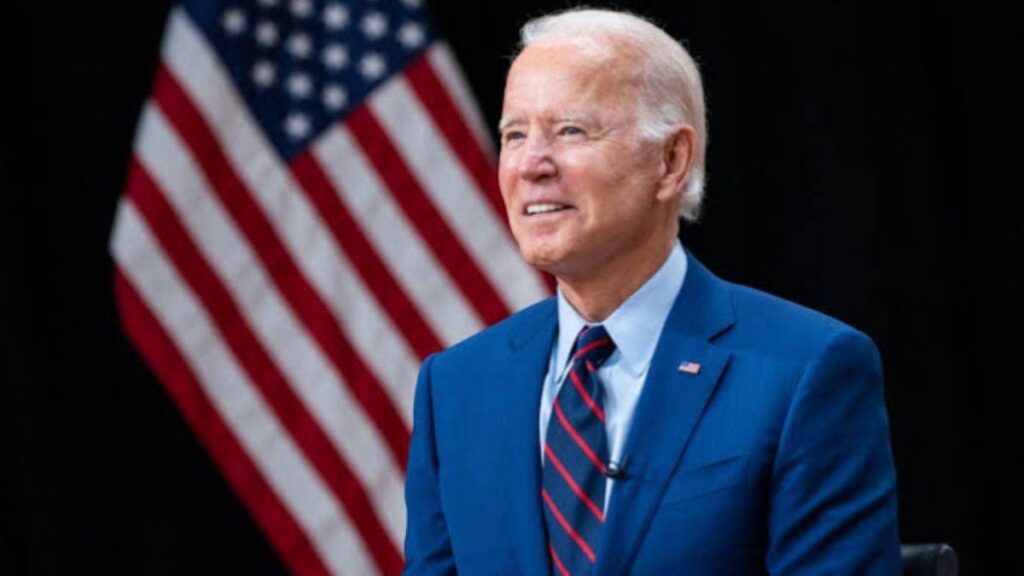
Thanks to the Biden administration, college students in the United States are set to heave a huge sigh of relief. That’s because the government is weeding out all the hidden school charges that have jacked up the price of higher education.
It isn’t a secret that the Biden administration has significantly focused on easing the burdens of financing education. One of its popular moves in this direction was its student loan debt forgiveness campaign. So far, over 3 million Americans have had their debts wiped off to the tune of $131 billion.
Just recently, on January 19, 2024, the government announced a further debt forgiveness worth $5 billion. This will cover the debts of 74,000 Americans, including nurses, teachers, and firefighters.
Yet, tackling the issue from its roots is what’s more important. Thankfully, the administration is doing just that.
The Department of Education has new regulations on its table it is considering to curb the cost of college education. The regulations aim to eliminate hidden fees for food and textbooks.
The proposed plan is only a part of a larger program that will beam a searchlight on the higher education industry. The Biden administration wants to bring down student loan debts through this approach.
Miguel Cardona, Secretary of Education, who is spearheading the planned moves, confirmed the news on a phone call with reporters. “The President told me directly that he wants us to be equally as aggressive with debt relief and accountability.”
Moreover, if the proposed reforms take effect, universities will have to cough up some extra money they have been keeping to themselves. A major example is the leftover money from meal plans of low-income students that are paid for by the government.
POLL—Should Public Schools Include Critical Race Theory and Sex Education in Their Curriculum?
Many students in a lot of colleges benefit from government assistance to cover their feeding expenses. Students receive this money through “flex” accounts.
However, many students don’t use up all the money by year’s end. The rest goes to the school’s pocket. The government is looking at putting a stop to this practice.
In addition, schools may have to give back the money to the students. “Our concern is that collectively, it does represent a lot of money,” says Department of Education staff Greg Martin. “That is student money,” he emphasized.
Another area that the planned policy may affect is the cost of school books. Many colleges have a tradition of including the cost of books in their tuition fees. This practice hinders students from getting these books from cheaper sources. The government is looking at pulling the plug.
Also Read: “Biden Hitting New Low!” Conservatives Fume as NYC Schools Close to House Immigrants
Furthermore, many advocates for affordable education have welcomed the move in advance. “Getting charged for something you can get for free, that’s the definition of a junk fee,” says Daniel Williamson, a pro-affordable education activist.
James Kvaal, Undersecretary of Education, praised the proposed changes. He believes that they will ease a large burden off the shoulders of college students.
However, in a statement, he predicted that these steps would improve higher education in the country and provide students with “high-quality opportunities for upward social and economic mobility.”
You Might Also Like:
Ron Desantis Blasts Biden and NYC for Sending Students Out of School for Illegal Migrants
US Air Force Fighter Pilot Enters Miss America Contest
“Taxpayers Deserve Answers!” NYC Democrat Fumes As Migrants Claim Towed Cars Outside Shelter
How Long Do Turtles Live? Here Are the Expected Life Spans for Turtles
Expert Warns That California and New York’s Reparations Efforts Are Counterproductive
